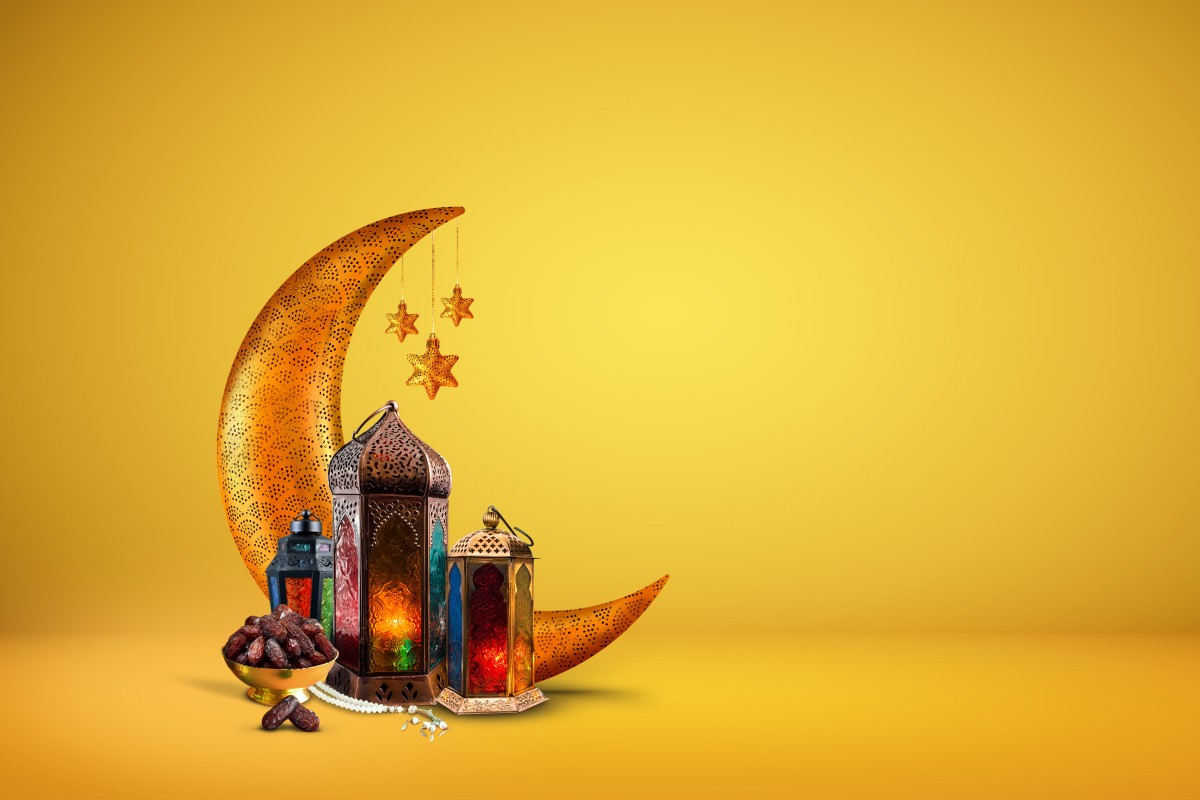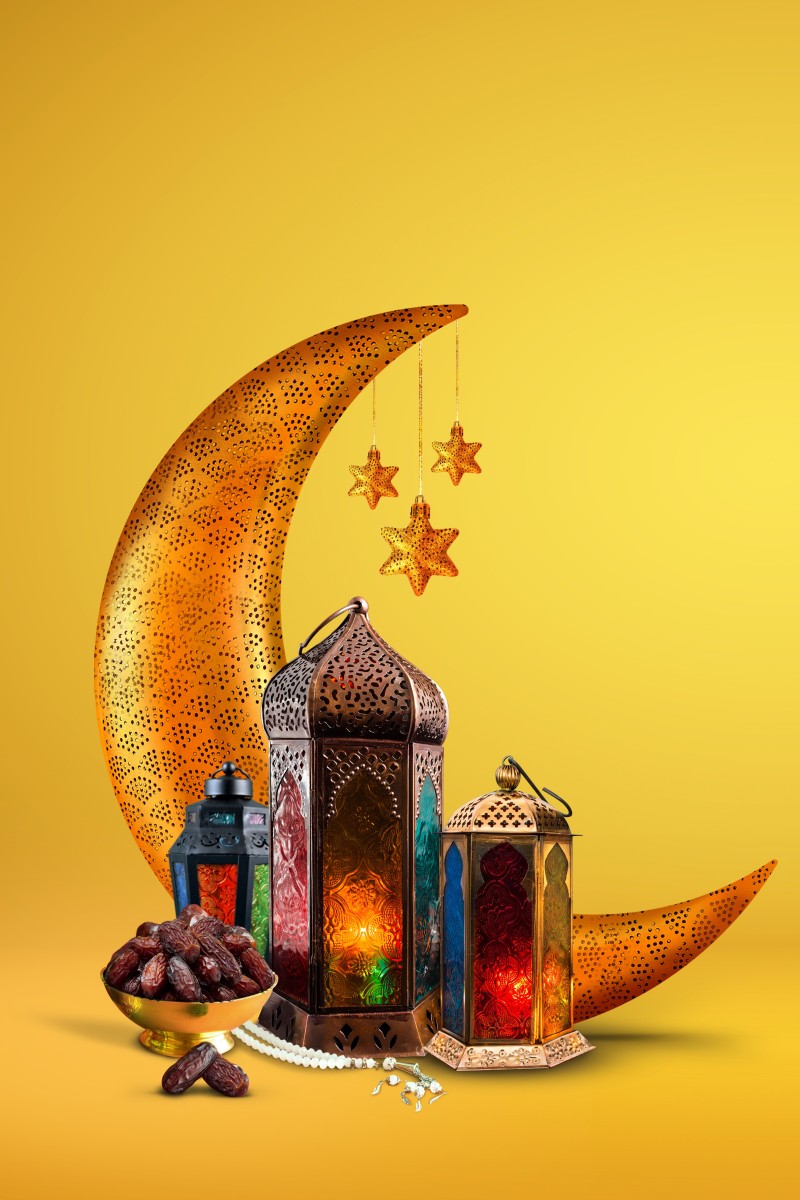 Ramadan is a joyous time for Muslims.
Ramadan is a joyous time for Muslims.Most cultural and many religious festivals mean lots of delicious food. But one important Muslim festival involves not eating at all, or fasting.
Ramadan takes place over the whole of the ninth month of the Islamic calendar; Muslims cannot eat, drink or smoke from sunrise until sunset. There is a lot of focus on prayer, reflection and community.
The only people who do not have to fast are children under 12, pregnant women and those with small babies. People who are sick also do not have to fast. But often people who are unwell, so do not take part in Ramadan, make up for it later.
For everyone else, the morning meal, Sahoor, takes place before the sun comes up. Then fasting, or Sawm, begins. When the sun goes down they can break their fast – usually starting with dates, followed by a big meal called iftar after prayers.
Drifting months
The ninth month of fasting can take place at any time of the year – summer, winter, spring or autumn. This is because Muslims have a lunar calendar.
It is different to the Chinese lunar calendar, as the Islamic calendar follows the cycles of the moon exactly. The result is that their year is 10-11 days shorter than the Western calendar.
When Ramadan falls in winter, the days are shorter. This means that people do not have to fast for as long. But when Ramadan happens in the summer, Muslims face long days with no food or water. It can be very hard for them in hot weather.
Discipline and faith
During Ramadan, morning prayers tell people it is time to stop eating and drinking. The fourth prayer of the day tells them that they can eat and drink again.
During the day, Muslims are expected to offer prayers to God. Fasting teaches them self-restraint and discipline. It is also a way of making up for any bad things they might have done.
The holiest day of the year occurs during the final 10 days of Ramadan. It is called Laylat al-Qadr. This means “Night of Power”. It celebrates the day on which Islam’s holiest book – the Koran – was first “revealed” to the Prophet Mohammed. Muslims believe an angel gave the Prophet the holy words that form the book.
The annual observance of Ramadan is regarded as one of the Five Pillars of Islam. The others are Shahada (declaration of faith), Salat (obligatory prayer), Zakat (compulsory giving), and Hajj (pilgrimage).
Stick to the rules
Ramadan is taken very seriously. In some countries, it is a crime to eat before sunset. In Iran, for example, people have been caned or sent to prison for eating during the day.
But in most Muslim countries, people who eat during the day might have to pay a fine or do volunteer work to help the community.
